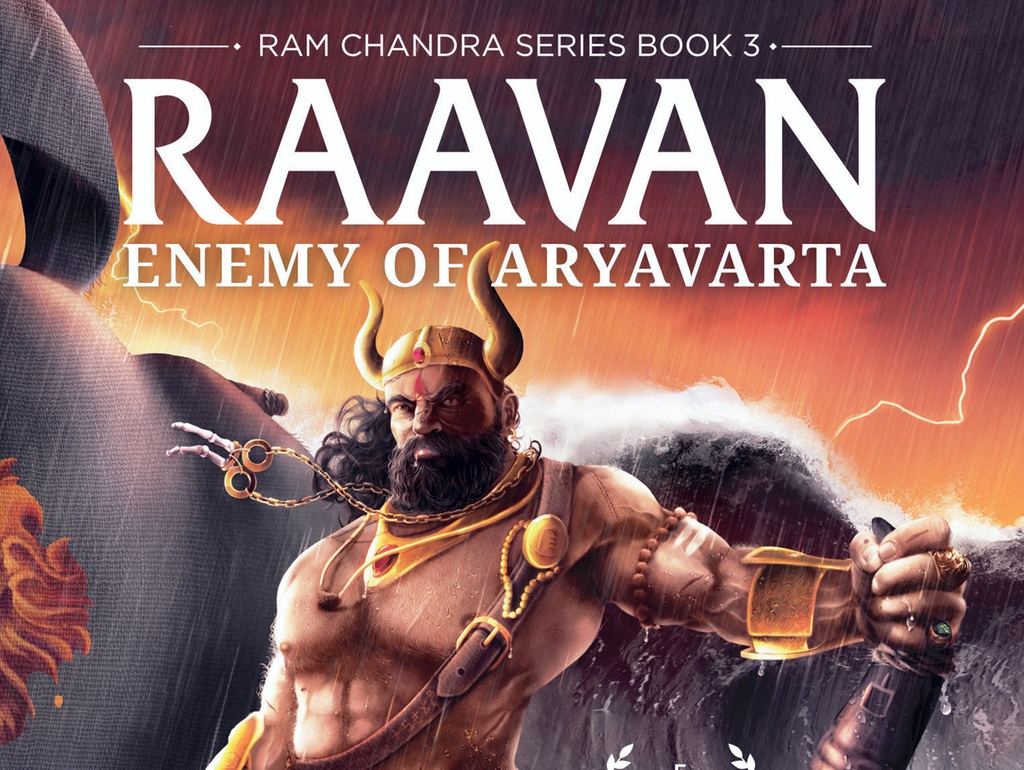NEW DELHI: The much-awaited third instalment of celebrated author Amish Tripathi’s best-selling Ram Chandra series is out, announced publishing house, Westland.
The book, “Raavan: Enemy of Aryavarta”, was launched on Monday at the Crossword bookstore in Mumbai amidst the presence of the author and his avid fans.
Describing his new book as probably the “darkest” one he ever wrote, Tripathi said along with chronicling the tale of Raavan, “a pirate, a scholar, a warrior, and a king”, it also attempts to explore the most interesting question: “Was Raavan history’s greatest villain?”.
“Raavan is one of the most complex, violent, passionate and accomplished men of all time.
“A man who will love without reward and kill without remorse. He suffers greatly, and he usually reacts to that suffering from anger and hatred. The fact that he was supremely talented, made the impact of his rage that much more spine-chilling. This is probably the darkest book I have ever written… I hope that the readers like the book,” he added.
Tracing the life of Raavan, right from his birth to the time he abducts Hindu goddess Sita, the book is the third instalment of the author’s Ram Chandra series after “Ram: Scion of Ikshvaku” and “Sita: Warrior of Mithila”.
“While the first book explored the tale of Ram, the second the story of Sita, the third burrows into the life of Raavan before all three stories merge from the fourth book onwards into a single story,” the author explains in the book’s introduction.
For the uninitiated, the banker-turned author in his writing uses a story-telling technique called “hyperlink”, also known as the “multilinear narrative”.
“In such a narrative, there are many characters; and a connection brings them all together,” he writes in the book.
Tripathi is credited with penning the fastest selling book series (the Shiva trilogy) in Indian publishing history. He has also authored one non-fiction book, “Immortal India: Young Country, Timeless Civilisation”. PTI







